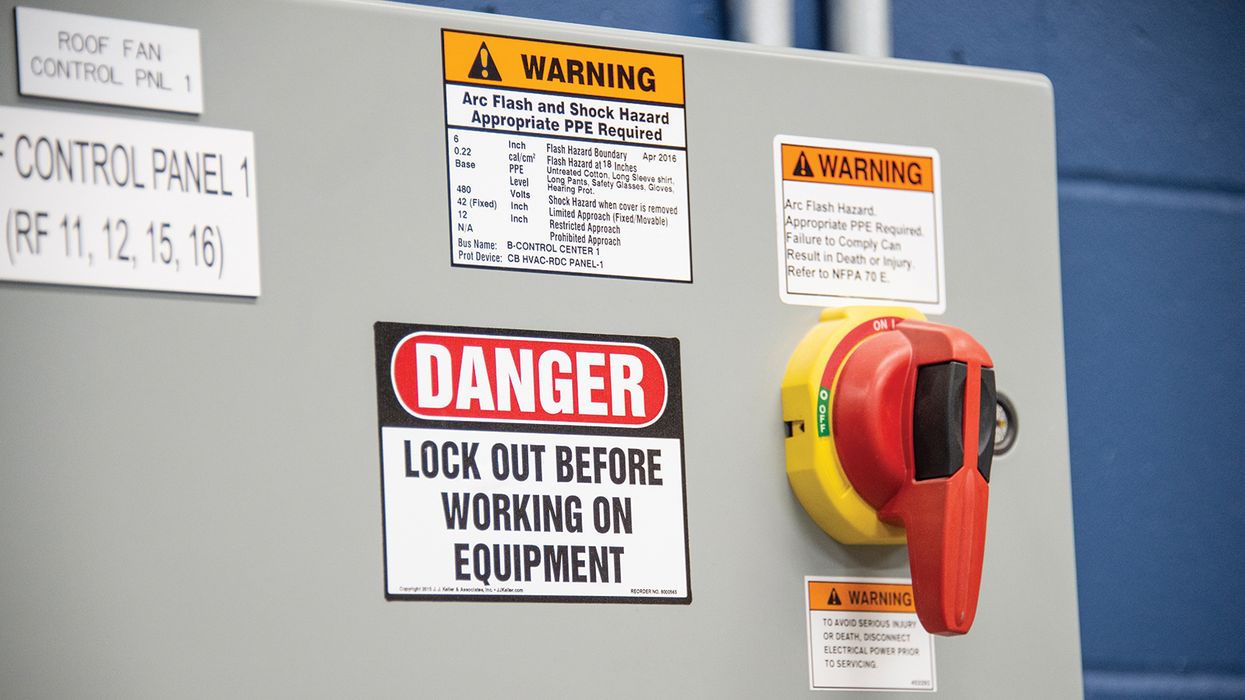Auto-deducting meal periods could lead to wage and hour indigestion
Employers are not required to give employees meal periods under the federal Fair Labor Standards Act (FLSA). Some states, however, do have laws in place. Aside from state requirements, employers may choose to give employees such time off during the workday for lunch, and many do. Having a company policy in place can help employers manage employee meal periods, especially if that time is automatically deducted.
Pay during meal periods
Employers generally don’t need to pay employees during bona fide meal periods that typically last 30 minutes or more. Employees must, however, be completely relieved from performing any of their job duties during this time.
Employers may also have meal period policies requiring employees to not work during this time. To help streamline payroll work, some employers automatically deduct 30 minutes from an employee’s hours worked for the meal period.
When employees perform any work during that unpaid time and it’s not corrected on timecards or in the payroll system, employers face compliance risks for having inaccurate records and wage violations. All hours worked must be paid, and if nonexempt (“hourly”) employees perform work during the unpaid meal, they must be paid for that time.
In some industries, such as health care and construction, employee meals are easily interrupted. But employers in almost any industry must tread carefully.
If employers have a practice of auto-deducting meal periods without ensuring that employees are actually not working, they could risk a class action claim, which could lead to a very expensive settlement.
Employees might have the U.S. Department of Labor’s timesheet app, which they can use to keep track of their hours worked and meal/break times independent of what the employer might have. The information in the app can be used as evidence against an employer.
What to do
To help lower the potential for risks for wage and hour violations, employers should follow these steps:
- Policies: Have a clearly communicated policy explaining the meal period requirements and repercussions for not following the policy. If employees work during their lunch, the policy can require that they notify their manager in writing as soon as possible.
- Education: Train managers on the policies and to watch for employees violating the policies and performing work during the meal periods. Managers should also know how to adjust the recorded hours worked.
- Audits: Perform a self-audit. See if employees are clocking in early. Ask managers if employees are truly being relieved of duty during meal periods.
- Communication: Have an avenue for employees to correct timesheet errors and to point out when they were not paid for time worked.
- Compliance: Pay employees for their time worked. If an employee’s meal period was interrupted, pay the employee for the entire time.
- Enforcement: Discipline employees for violating the meal period policy as you would for similar company policy infractions.
Key to remember: Employers may auto-deduct meal period from employee hours worked, as long as it is done accurately, policies and procedures are in place to help serve as a safety net, and managers and employees are well trained on the policies and potential repercussions for not following them.

























































